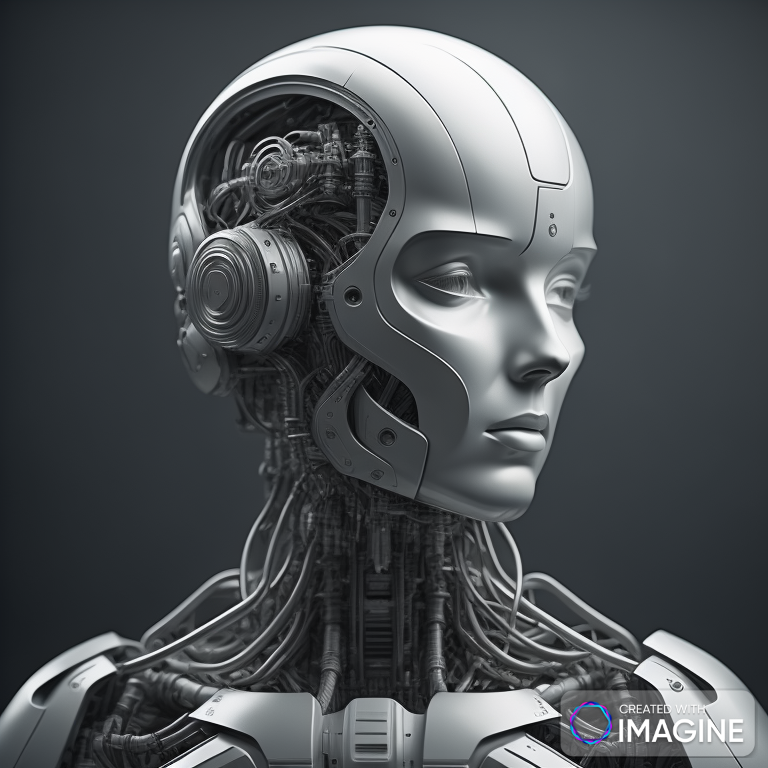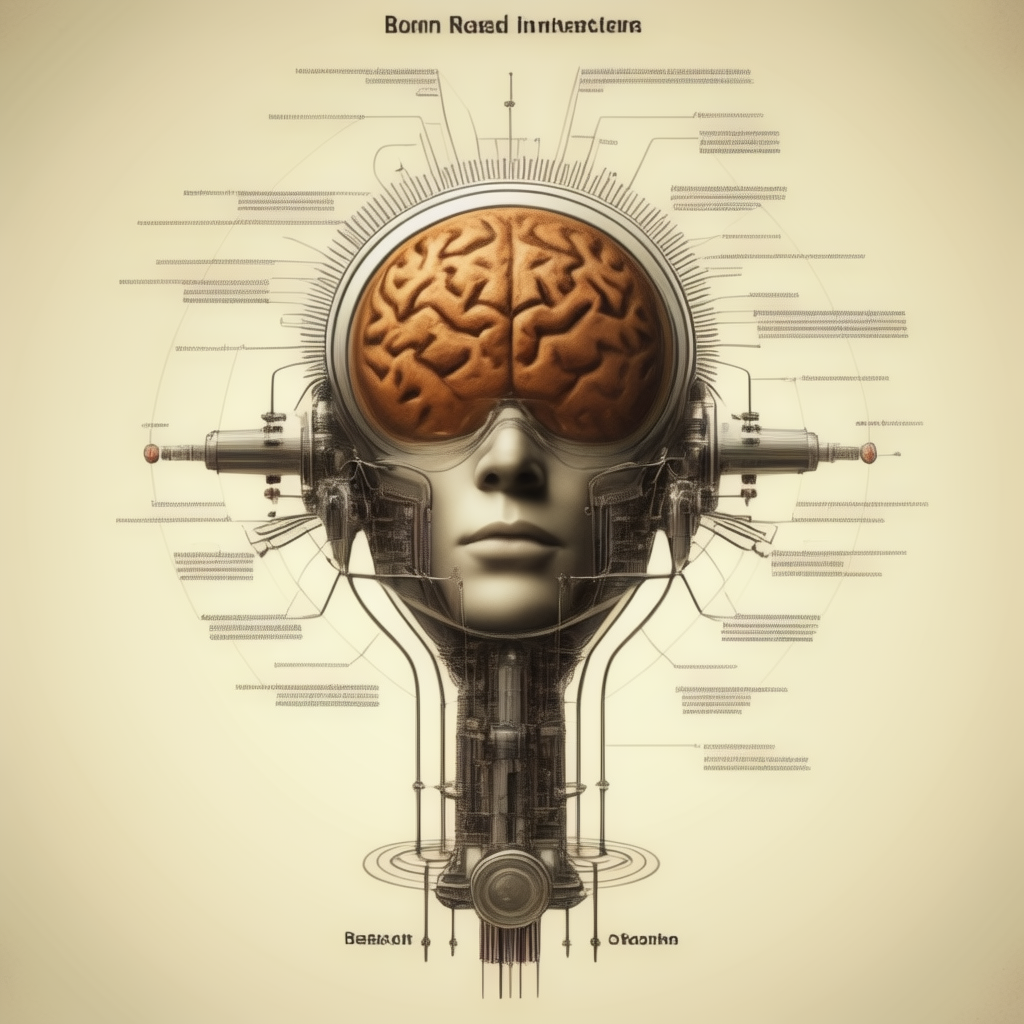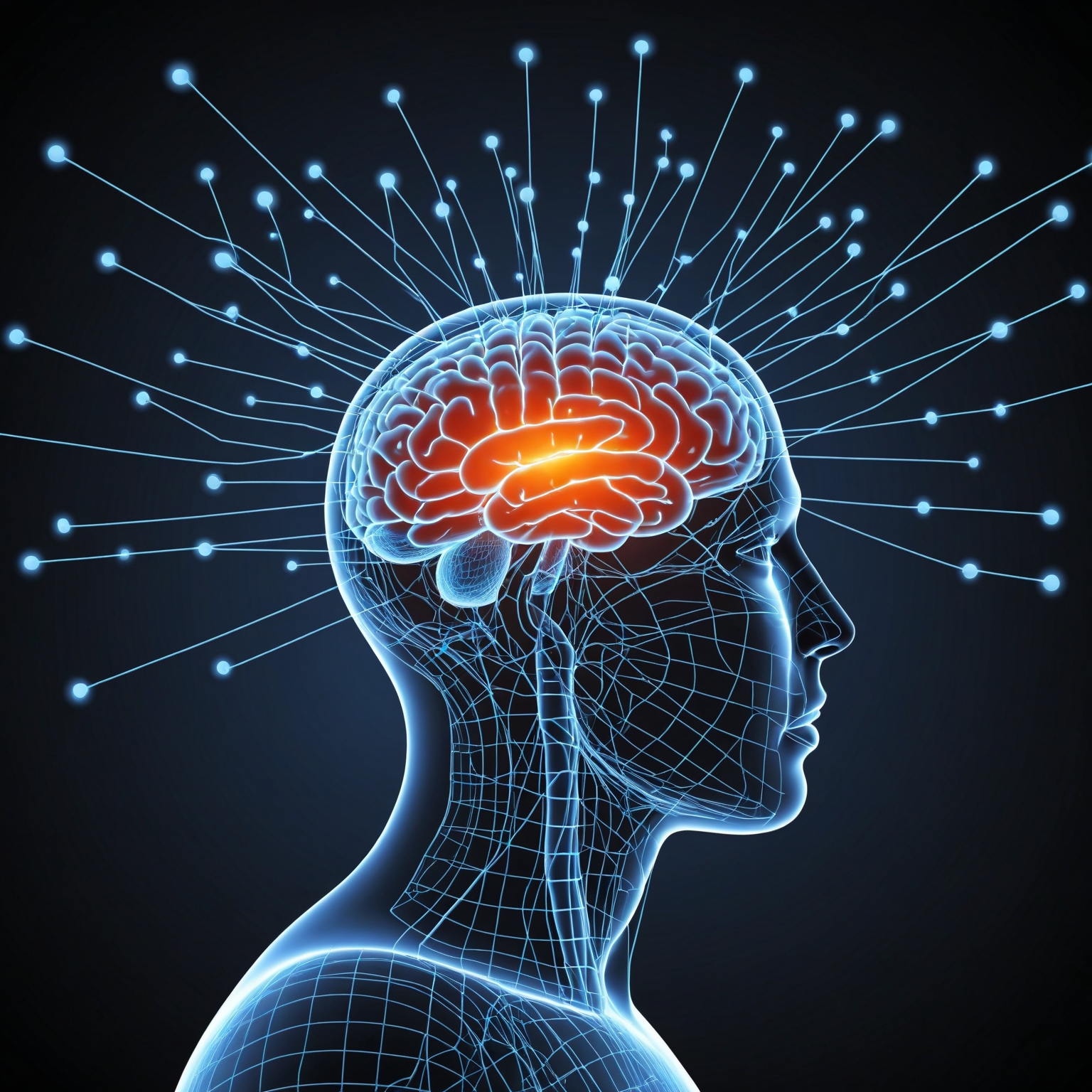Introduction:
Artificial Intelligence (AI) has undergone remarkable transformations, and at its core, lies the intricate concept of knowledge representation. In this blog post, we delve deeper into the significance, methods, challenges, applications, and future trends of knowledge representation in AI.
Artificial Intelligence (AI) has transformed the landscape of technology and decision-making, and at the heart of its capabilities lies the concept of knowledge representation. In this blog post, we’ll delve into the significance, methods, and challenges of knowledge representation in AI, exploring how it forms the backbone of intelligent systems.
Understanding Knowledge Representation:
Defining Knowledge Representation:
Knowledge representation is the bedrock of AI, encapsulating the process of encoding, organizing, and modeling information in a format that intelligent systems can leverage. It provides the mechanism through which AI comprehends the world, facilitating reasoning, decision-making, and problem-solving.
Knowledge representation in AI refers to the process of capturing, organizing, and modeling information in a format that can be utilized by intelligent systems. It involves encoding knowledge about the world so that AI systems can reason, make decisions, and solve problems.
Importance of Knowledge Representation:
Effective knowledge representation is fundamental to AI’s ability to mimic human cognition. It enables AI systems to understand, interpret, and manipulate information, providing the basis for intelligent behavior.
Knowledge representation is not just a technicality; it’s the essence of AI’s cognitive abilities. Effective representation enables AI systems to understand, interpret, and manipulate information, paving the way for intelligent behavior that mirrors human cognition.
Methods of Knowledge Representation:
1. Semantic Networks:
Semantic networks employ nodes to represent concepts and links to denote relationships, offering an intuitive visualization of hierarchical structures. This method is widely used in natural language processing, concept mapping, and knowledge graphs.
- Represent knowledge using nodes and links, where nodes denote concepts, and links denote relationships.
- Allows for efficient representation of hierarchical structures and complex relationships.
- Hierarchical Structures: Efficiently represent hierarchical relationships and complex structures.
- Visualization: Intuitive representation with nodes denoting concepts and links denoting relationships.
- Applications: Widely used in natural language processing, concept mapping, and knowledge graphs.
2. Frames:
Frames organize information into structured units containing attributes and values. This method is ideal for representing objects with shared characteristics and variations, finding applications in expert systems, robotics, and computer-aided design.
- Organize knowledge using structures called frames, which contain attributes and values.
- Ideal for representing objects with common characteristics and variations.
- Structured Information: Organize information in structured frames with attributes and values.
- Object Modeling: Ideal for representing objects with shared characteristics and variations.
- Applications: Applied in expert systems, robotics, and computer-aided design.
3. Rule-Based Systems:
Rule-based systems define knowledge in a rule format with conditions and corresponding actions. These systems are employed in logical decision-making, making them suitable for applications in medical diagnosis, financial analysis, and game-playing AI.
- Define knowledge in the form of rules, consisting of conditions and actions.
- Enables logical reasoning and decision-making based on predefined rules.
- Logical Decision-Making: Define knowledge in rule format with conditions and corresponding actions.
- Expert Systems: Enable logical reasoning and decision-making based on predefined rules.
- Applications: Rule-based systems find applications in medical diagnosis, financial analysis, and game-playing AI.
4. Ontologies:
Ontologies provide a formalized structure with concepts, relationships, and properties, facilitating knowledge sharing and reuse across different domains. They are commonly used in the semantic web, information retrieval, and data integration.
- Formal representation of knowledge using concepts, relationships, and properties.
- Facilitates sharing and reusing knowledge across different domains.
- Formal Representation: Provide a formalized structure with concepts, relationships, and properties.
- Interoperability: Facilitate knowledge sharing and reuse across different domains.
- Applications: Commonly used in the semantic web, information retrieval, and data integration.
5. Predicate Logic:
Predicate logic involves expressing knowledge in a formal logical language using predicates and quantifiers, allowing for precise representation and mathematical reasoning. This method finds applications in theorem proving, database query languages, and formal specification languages.
- Express knowledge in a formal logical language using predicates and quantifiers.
- Allows for precise representation and reasoning in a mathematical form.
- Formal Logic: Express knowledge in a formal logical language using predicates and quantifiers.
- Mathematical Precision: Allows for precise representation and mathematical reasoning.
- Applications: Applied in theorem proving, database query languages, and formal specification languages.
Challenges in Knowledge Representation:
1. Incompleteness:
Knowledge representation often faces the challenge of incompleteness, where capturing all relevant knowledge about a domain is difficult. This issue requires continuous learning mechanisms and dynamic updates to knowledge bases to address knowledge gaps.
- Capturing all relevant knowledge about a domain is challenging, leading to potential gaps in representation.
- Dynamic Nature: In dynamic environments, representing all possible states becomes an ongoing challenge.
- Addressing Challenges: Addressing incompleteness involves continuous learning mechanisms and dynamic updates to knowledge bases.
2. Ambiguity:
Natural language, commonly used for expression, can be ambiguous, posing challenges in interpretation. Ambiguity increases in contexts where interpretations depend heavily on the surrounding context. Addressing these challenges involves advanced natural language processing techniques and context-aware representations.
- Natural language, which is often used to express knowledge, can be ambiguous, creating challenges in interpretation.
- Language Complexity: Natural language, commonly used for expression, can be ambiguous, posing challenges in interpretation.
- Context Sensitivity: Ambiguity increases in contexts where interpretations depend heavily on the surrounding context.
- Addressing Challenges: Advanced natural language processing techniques, context-aware representations, and machine learning for contextual disambiguation.
3. Scalability:
Managing and updating extensive knowledge bases pose challenges, impacting system scalability. As the knowledge base grows, computational demands for reasoning and retrieval increase. Scalable knowledge representation involves efficient storage structures, distributed computing, and incremental updates.
- As knowledge bases grow, managing and updating representations becomes complex, impacting system scalability.
- Computational Load: As the knowledge base grows, computational demands for reasoning and retrieval increase.
- Addressing Challenges: Scalable knowledge representation involves efficient storage structures, distributed computing, and incremental updates
4. Dynamic Environments:
Representing knowledge in environments with constantly changing information requires adaptive and real-time approaches. Ensuring that knowledge representation aligns with real-time data is crucial for effective decision-making. Addressing these challenges involves implementing adaptive learning algorithms, continuous monitoring, and real-time data integration mechanisms.
- Representing knowledge in environments with constantly changing information requires adaptive and real-time approaches.
- Adaptability: Representing knowledge in environments with constantly changing information requires adaptive and real-time approaches.
- Real-Time Decision-Making: Ensuring that knowledge representation aligns with real-time data is crucial for effective decision-making.
- Addressing Challenges: Implementing adaptive learning algorithms, continuous monitoring, and real-time data integration mechanisms.
Real-World Applications:
1. Medical Diagnosis:
Knowledge representation aids in encoding medical knowledge for diagnostic systems, enabling accurate assessments based on symptoms and patient history. Dynamic representation of evolving medical knowledge helps in suggesting optimal treatment plans, contributing to improved patient outcomes.
- Knowledge representation aids in encoding medical knowledge for diagnostic systems, enabling accurate assessments based on symptoms and patient history.
- Treatment Plans: Dynamic representation of evolving medical knowledge helps in suggesting optimal treatment plans.
- Improving Patient Outcomes: AI systems with robust knowledge representation contribute to accurate diagnoses and personalized treatment recommendations.
2. Autonomous Vehicles:
Representing knowledge about traffic rules, road conditions, and object recognition is crucial for autonomous vehicles to navigate safely. Real-time updates in knowledge representation ensure adaptive decision-making in dynamic traffic scenarios, enhancing the safety of autonomous vehicles.
- Representing knowledge about traffic rules, road conditions, and object recognition is crucial for autonomous vehicles to navigate safely.
- Adaptive Decision-Making: Real-time updates in knowledge representation ensure adaptive decision-making in dynamic traffic scenarios.
- Enhancing Safety: Accurate representation enhances the safety of autonomous vehicles by enabling quick and informed decisions.
3. Natural Language Processing:
Knowledge representation plays a vital role in understanding and generating human-like language, facilitating chatbots and language translation. Effective representation allows AI systems to respond contextually, improving user interactions and overall experience.
- Knowledge representation plays a vital role in understanding and generating human-like language, facilitating chatbots and language translation.
- Understanding Context: Knowledge representation plays a vital role in understanding and generating human-like language, facilitating chatbots and language translation.
- Contextual Responses: Effective representation allows AI systems to respond contextually, enhancing user interactions.
- Improving User Experience: Knowledge-aware natural language processing systems provide more meaningful and context-aware responses.
Future Trends and Developments:
1. Machine Learning Integration:
The integration of machine learning with knowledge representation enhances adaptability and learning capabilities. AI systems evolve over time, learning from new data and improving their knowledge base, thereby enhancing predictive capabilities.
- The integration of machine learning with knowledge representation enhances the adaptability and learning capabilities of AI systems.
- Adaptive Systems: The integration of machine learning with knowledge representation enhances adaptability and learning capabilities.
- Continuous Learning: AI systems evolve over time, learning from new data and improving their knowledge base.
- Enhancing Predictive Capabilities: Machine learning algorithms enhance knowledge representation by identifying patterns, relationships, and making predictions.
2. Explainable AI:
Developing transparent and interpretable knowledge representations enhances trust and understanding of AI decision-making processes. Explainability fosters user confidence, especially in critical applications like healthcare and finance, and addresses ethical concerns.
- Emphasis on developing transparent and interpretable knowledge representations to enhance trust and understanding of AI decision-making processes.
- Transparency: Emphasis on developing transparent and interpretable knowledge representations enhances trust and understanding of AI decision-making processes.
- User Confidence: Explainability fosters user confidence, especially in critical applications like healthcare and finance.
- Ethical Considerations: Transparent AI is essential for addressing ethical concerns and ensuring accountability.
3. Commonsense Reasoning:
Advancements in representing and reasoning about commonsense knowledge improve AI’s ability to understand and respond in everyday situations. Enhancing AI systems with a commonsense knowledge base enables more nuanced and context-aware decision-making, elevating AI capabilities.
- Advancements in representing and reasoning about commonsense knowledge to improve AI’s ability to understand and respond in everyday situations.
- Human-Like Understanding: Advancements in representing and reasoning about commonsense knowledge improve AI’s ability to understand and respond in everyday situations.
- Real-World Context: Enhancing AI systems with a commonsense knowledge base enables more nuanced and context-aware decision-making.
- Elevating AI Capabilities: Commonsense reasoning bridges the gap between formal knowledge representation and real-world understanding.
Conclusion:
Knowledge representation stands as a cornerstone in the realm of Artificial Intelligence, enabling machines to comprehend, reason, and act intelligently. As technology continues to advance, refining methods of knowledge representation will be pivotal in unlocking the full potential of AI across diverse domains. Understanding and addressing the challenges will drive the evolution of more sophisticated and capable intelligent systems, bringing us closer to achieving the goals of AI in various aspects of our lives.







